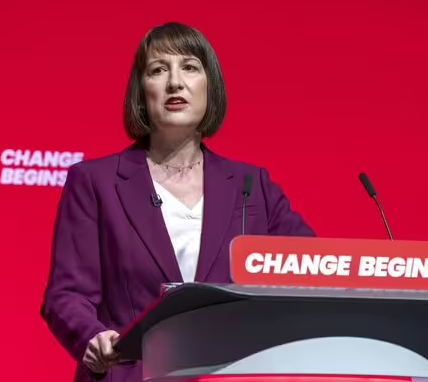Britain’s biggest water supplier reports 40% increase in pollution incidents, blaming a wet spring and summer

Thames Water will run out of cash by March next year if it fails to secure court approval for a £3bn financial lifeline, the troubled utilities company has said.
Britain’s biggest water supplier said on Tuesday that all of its funds may be “exhausted” if it fails to secure the emergency funding and that its much-criticised environmental performance had worsened.
The heavily indebted company will run out of cash by spring 2025 without £3bn in extra funds from its creditors, and could risk temporary nationalisation.

The company recorded a 40% increase in pollution incidents in the six months to 30 September. Thames reported 359 category one to three pollution incidents in the six months to September 30, blaming an especially wet spring and summer.
The industry has faced public outcry over sewage spills into the UK’s seas and waterways. The Thames Water chief executive, Chris Weston, said that after “record rainfall and groundwater levels in our region, pollutions and spills are unfortunately up”.
Thames faces two critical court dates, on 17 December and on 20 January, in order to secure approval for the money – referred to as a “liquidity extension” – which some creditors have already agreed to lend it.
The update on its finances comes at a critical time for the company, which supplies 16 million customers across London and the Thames Valley and needs billions of pounds to maintain its critical water and waste treatment services. It previously reported a £19bn debt pile.
If the court and its creditors approve, then the proposed deal would give Thames enough funds to continue until October next year. Thames is also seeking to raise £3.25bn in new equity to fund investments up to 2030.
Thames said it has “sufficient cash to meet [its] liabilities as they fall due until prior to the end of March 2025 and any delays to the implementation of the liquidity extension transaction could result in that cash being exhausted” before it is implemented.
Weston said: “Today’s news demonstrates further progress to put Thames Water on to a more stable financial footing as we seek a long-term solution to our financial resilience …
“We’ve reached key milestones in establishing a more stable financial platform, agreeing a liquidity extension transaction proposal and progressing our equity raise process.”
after newsletter promotion
Investors have also expressed interest in taking a new stake in the business, which is needed secure its finances in the longer term. However, they are still trying to find out what terms they might win from the beleaguered company, the UK government and the water regulator, Ofwat, if they provide billions of new equity funding.
Covalis Capital, a UK infrastructure investor, is reportedly interested in bidding for Thames, with advice from the French water contractor Suez. It has offered a £1bn upfront injection of cash with a further £4bn raised from breaking up and selling off parts of Thames before listing the remaining operation.
Under the proposal, the UK government would hold a share with voting rights and a seat on the board.
Thames Water posted underlying first-half profits of £715m, up 14%.
Ofwat is due to announce how much water companies in England and Wales, including Thames, can charge customers through bills over the next five years on 19 December.


 Schmetterling-Rakete: Deutschlands geheimes Flugabwehr-Projekt im Zweiten Weltkrieg .h
Schmetterling-Rakete: Deutschlands geheimes Flugabwehr-Projekt im Zweiten Weltkrieg .h